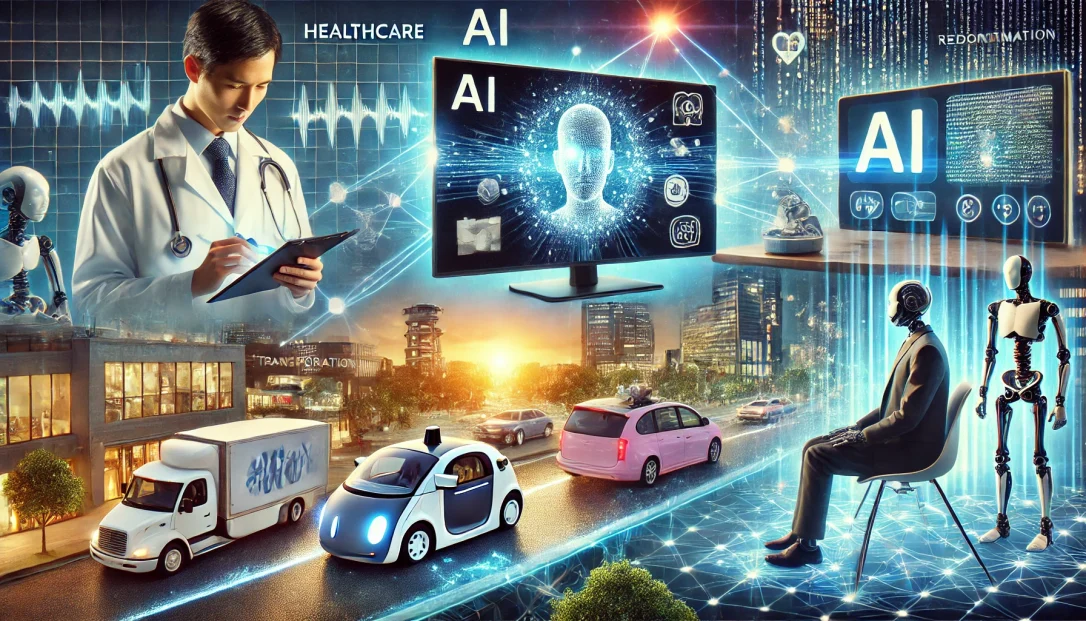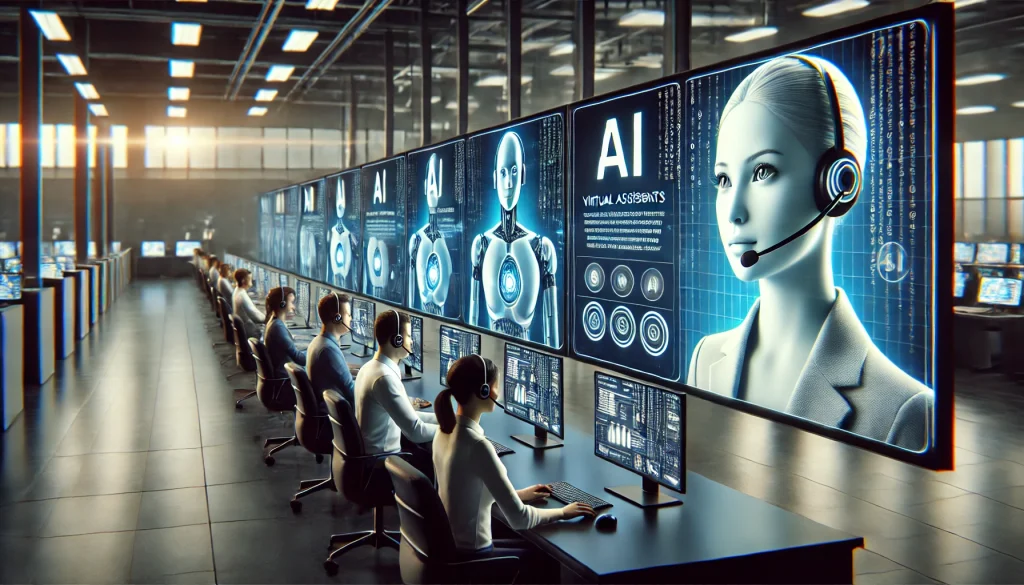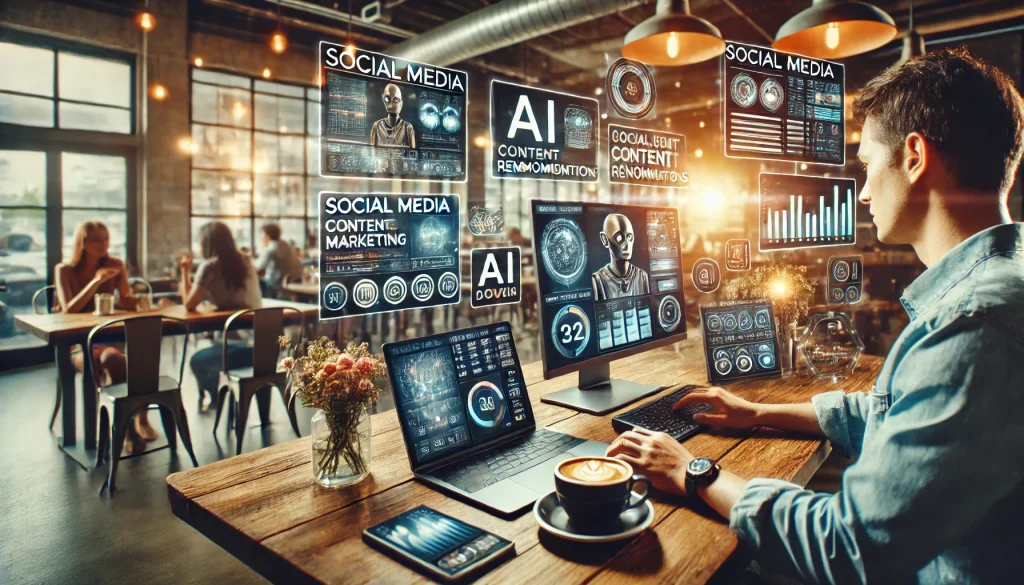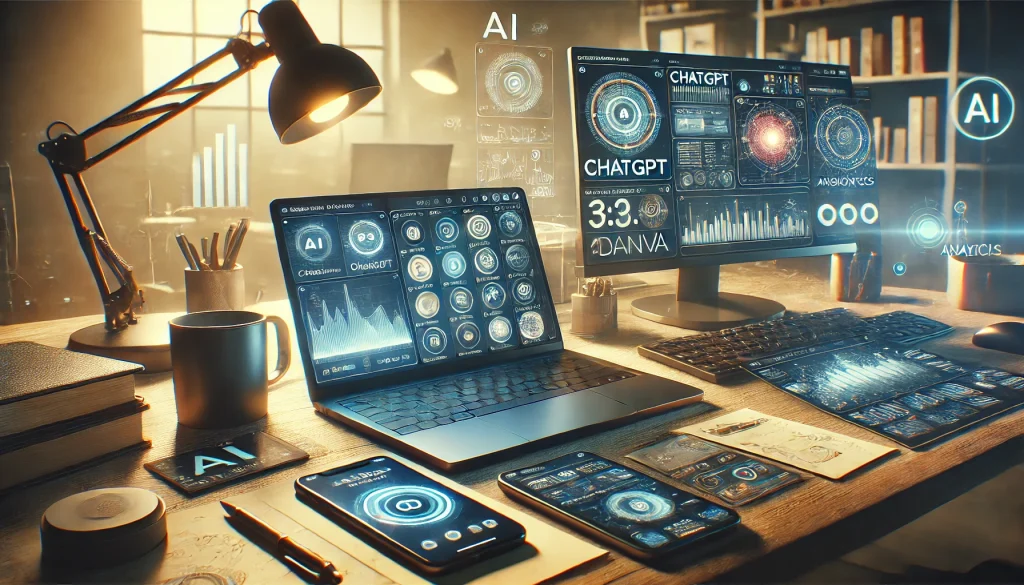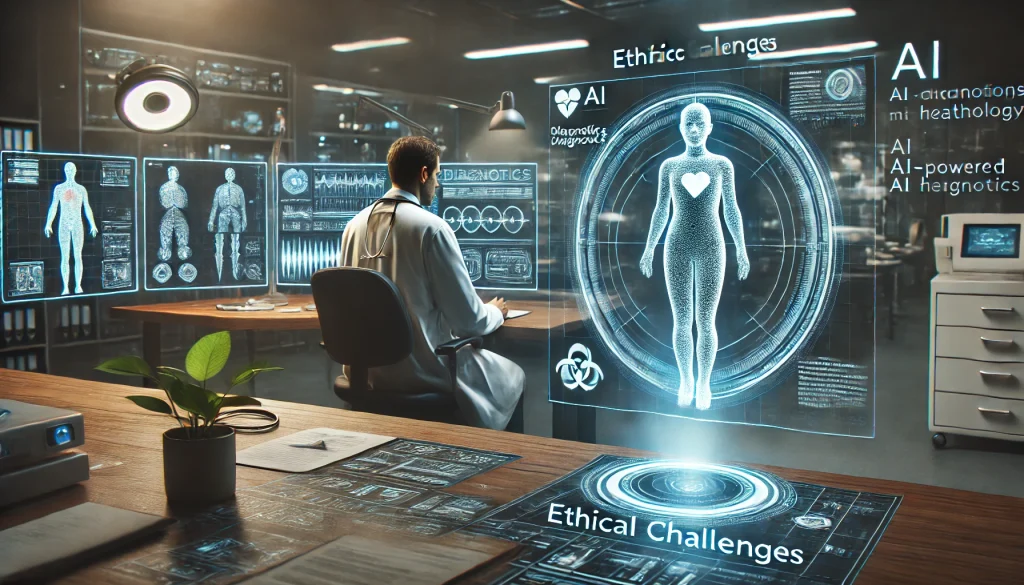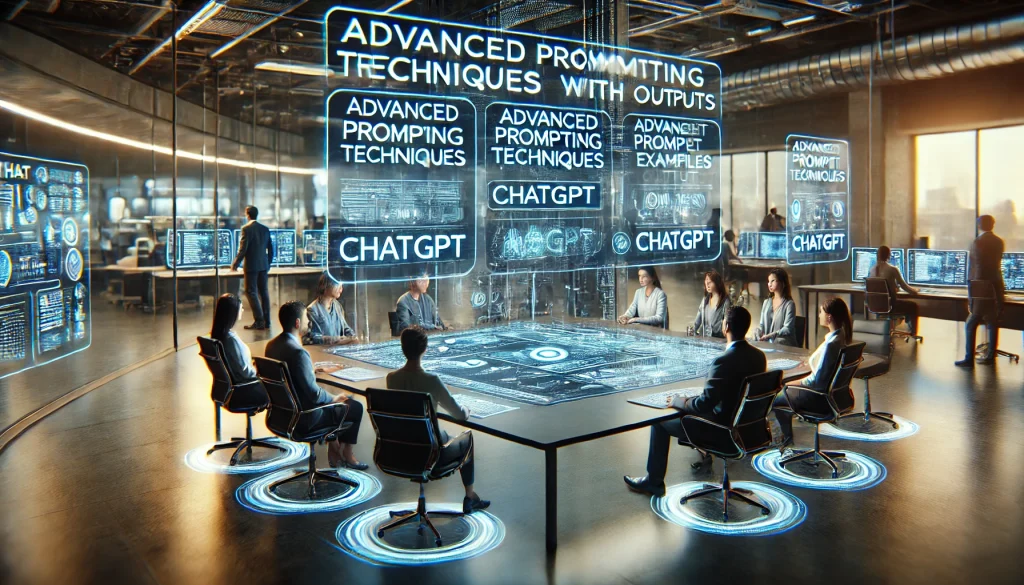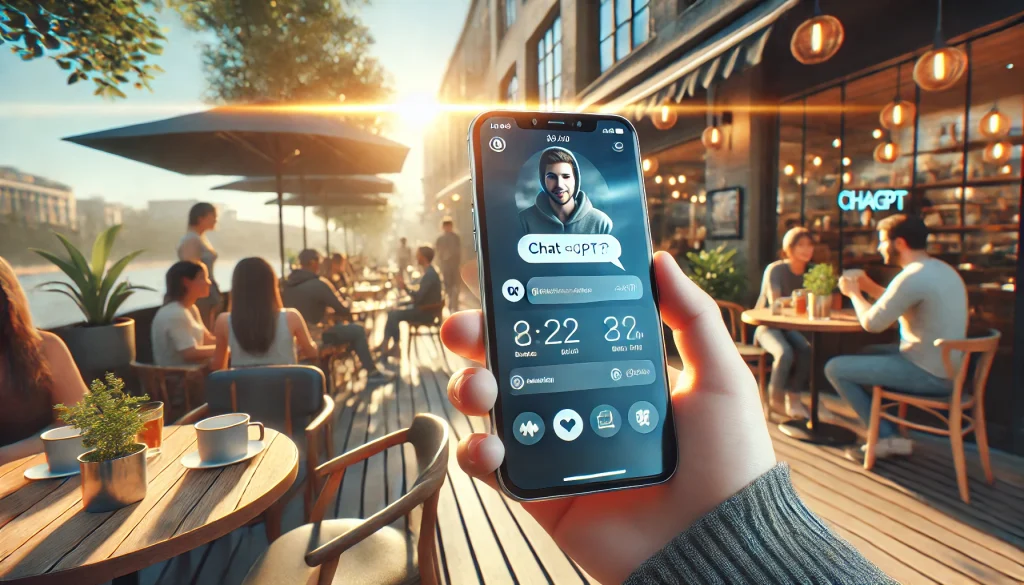Introduction
Artificial Intelligence (AI) isn’t just a futuristic concept—it’s already embedded in our daily lives, often in ways we don’t even notice. From smart devices to online shopping, AI powers many of the tools and services we rely on. In this post, we’ll explore the current applications of AI and how it’s transforming the way we live, work, and interact.
1. AI in Personal Devices
Our personal devices have become smarter thanks to AI. Whether it’s your smartphone, tablet, or wearable tech, AI is working behind the scenes to enhance your experience.
- Voice Assistants: Virtual assistants like Siri, Alexa, and Google Assistant use AI to understand and respond to your voice commands.
- Camera Enhancements: AI powers advanced camera features such as facial recognition, scene optimization, and automatic filters.
- Health Monitoring: Wearable devices use AI to track your health metrics, from heart rate to sleep patterns, providing personalized insights.
Example: Ever used your phone’s predictive text feature? That’s AI helping you type faster and more accurately.
2. AI in Online Shopping
AI is revolutionizing the retail industry by making shopping more personalized and convenient.
- Recommendation Systems: Platforms like Amazon and Netflix use AI to analyze your browsing and purchase history to recommend products and content tailored to your preferences.
- Chatbots: Many e-commerce websites use AI-driven chatbots to assist with customer inquiries, offering instant support 24/7.
- Dynamic Pricing: AI algorithms adjust prices in real time based on demand, competition, and customer behavior.
Fun Fact: About 35% of Amazon’s revenue comes from its AI-driven recommendation engine!
3. AI in Healthcare
AI is playing a transformative role in healthcare, improving diagnostics, treatment planning, and patient care.
- Diagnostics and Imaging: AI can analyze medical images to detect diseases such as cancer, often with greater accuracy than human doctors.
- Personalized Medicine: AI helps in tailoring treatments to individual patients based on their genetic information and medical history.
- Virtual Health Assistants: These AI tools provide patients with reminders, health tips, and even preliminary diagnoses based on symptoms.
Impact: AI is helping doctors save lives by providing more accurate and efficient healthcare solutions.
4. AI in Transportation
AI is driving innovation in the transportation industry, making travel safer and more efficient.
- Autonomous Vehicles: Self-driving cars use AI to navigate roads, detect obstacles, and make real-time driving decisions.
- Traffic Management: AI systems analyze traffic patterns to optimize signal timings and reduce congestion.
- Ride-Sharing Services: Companies like Uber and Lyft use AI to match riders with drivers, estimate arrival times, and optimize routes.
Takeaway: AI is shaping the future of transportation, paving the way for safer and smarter mobility solutions.
5. AI in Entertainment
The entertainment industry is leveraging AI to create more engaging and personalized experiences.
- Content Recommendations: Streaming services like Netflix and Spotify use AI to suggest movies, shows, and songs based on your preferences.
- Game Development: AI enhances video game experiences by creating realistic environments and intelligent NPCs (non-player characters).
- Content Creation: AI tools are being used to generate music, write scripts, and even produce short films.
Fun Fact: The AI behind Netflix’s recommendation engine saves the company over $1 billion annually by keeping users engaged.
6. AI in Workplaces
AI is transforming how businesses operate, improving productivity and decision-making.
- Automation of Tasks: Repetitive tasks, such as data entry and invoice processing, are automated using AI, freeing up employees for more strategic work.
- Predictive Analytics: AI helps businesses analyze data to predict trends, optimize operations, and make informed decisions.
- Virtual Collaboration Tools: AI enhances tools like Zoom and Microsoft Teams with features like real-time transcription, noise cancellation, and meeting summaries.
Takeaway: AI is streamlining workflows and driving innovation in the workplace.
7. AI in Smart Homes
Smart home devices are becoming increasingly popular, offering convenience and energy efficiency.
- Smart Thermostats: AI-powered thermostats learn your preferences and adjust the temperature accordingly, saving energy.
- Home Security Systems: AI enhances security systems with features like facial recognition, motion detection, and real-time alerts.
- Voice-Controlled Devices: From controlling lights to playing music, AI-powered smart speakers like Amazon Echo make managing your home easier.
Impact: AI is making homes smarter and more efficient, enhancing everyday living.
Conclusion: AI is Everywhere
AI has become an integral part of our lives, powering the devices and services we use daily. Its applications span various industries, from healthcare and transportation to entertainment and smart homes. As AI technology continues to advance, we can expect even more innovative solutions that will make our lives easier and more connected.
In the next chapter, we’ll explore The Future of AI – What’s Next?, looking at emerging trends and potential breakthroughs in the world of Artificial Intelligence.

